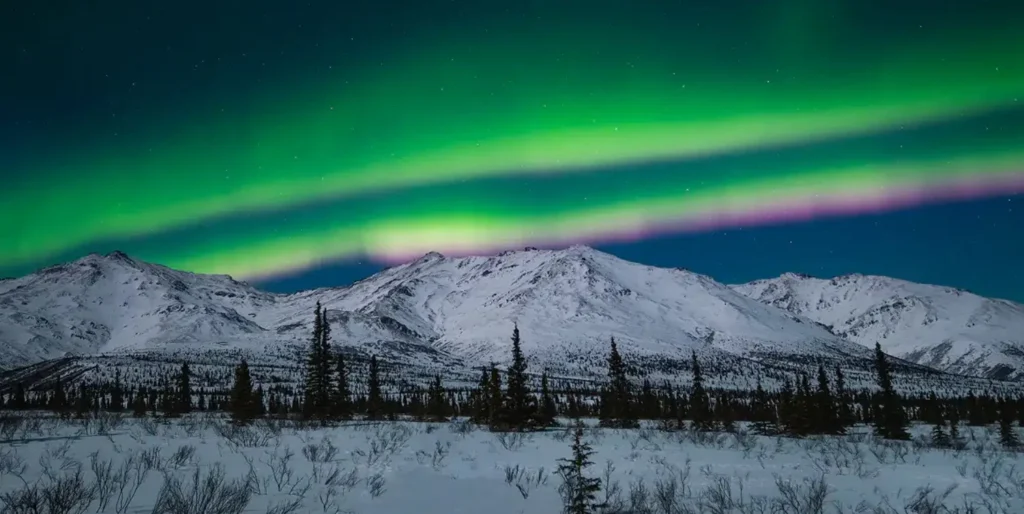On Monday, President Donald Trump issued an executive order renaming Denali in Alaska to Mount McKinley, reigniting a heated debate. Trump ordered the renaming of Denali to honor President William McKinley, whom he called a leader who bolstered America’s economy with tariffs.
Trump argued that McKinley’s contributions deserved recognition through this renaming effort. The name change quickly drew criticism from Alaska’s senior Republican senator, Lisa Murkowski. She insisted the mountain must retain its Alaska Native name, Denali, meaning the high one.
Murkowski illuminated its cultural significance, noting that it had been the name of the Koyukon Athabascans for thousands of years. The debate over the Denalis name dates back to 1975 when Alaska first requested the federal government revert to the Native name.
However, the Obama administration officially recognized Denali in 2015, a decision applauded by many Alaskans and indigenous groups. Trump’s executive order reverses that move, claiming it honors McKinley’s legacy of fostering US industrial growth and generating prosperity.
Ohio lawmakers, defending McKinley’s historical ties to the state, praise the executive order. However, the Alaskan leader and the Tanana Chiefs Conference, a coalition of Athabascan tribes, voiced strong opposition, highlighting Denali’s symbolic importance.
Trump’s actions went beyond the renaming. The order also proposed renaming the Gulf of Mexico the Gulf of America, reigniting another long-standing territorial discussion. Additionally, Trump reversed Biden’s 2023 decision barring oil drilling in parts of Alaska’s Beaufort Sea, marking a pro-industry shift.
As Trump ordered the renaming of Denali, critics and supporters closely monitored these executive actions, which symbolized significant policy reversal. As the controversy intensifies, both Alaskans and advocates of McKinley’s legacy continue to spar over the renaming of North America’s tallest peak.









